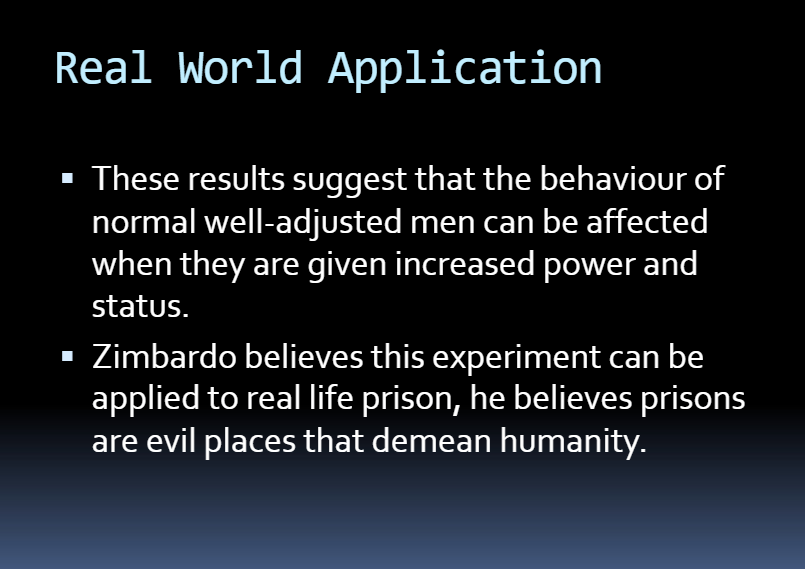5. Status and power
Social influences on an Individual
Social influence-
Effects the presence or actions of eithers
real or imagined on the way people think, feel and behave
can come from a person, group or institution
effects: constructive, destructive or neutral
Pressure felt: slight to intense, real or imagined
Group
Collection of two or more people who interact with and influence one another, and who scare a common purpose/goal|
→ When there is minimal or indirect interaction, it is called a collective
Status
Refers to the importance of an individual’s position in the group as perceived by other members.
Power
refers to an individual’s (or group) ability to control or influence the thoughts, feeling or behaviour of another person (or group)
Effect of status and power in groups
status and power i slinked to a person’s role within the group
Role is the behaviours adopted by an individual or assigned to them that influences that way in which they function and act in different situations
Types of social power
Reward-
Ability to give positive consequences or remove negative consequences in response to behaviour
Coercive-
Ability to give negative consequences and remove positive consequences in response to specific behaviour.
Legitimate-
A individual’s status or position in an group, institution or society in general gives them the right to exercise power over those with a lower status or with less authority.
Referent-
When we refer to the person for direction (We want to be like the person).
When individuals are attracted to, respect, identify with or want to be like or liked by a person.
Expert
Having knowledge or expertise that are desirable and needed
Informational
Having resources or information that are useful to the situation and are not available elsewhere.
Stanford prison experiment Philip Zimbardo 1972
create simulated prison at Stanford Uni
wanted to explore psychological effects of being a prisoner and a guard
p24 participants were selected and judged to be psychologically healthy & normal
2 groups of 9 ,guards and prisoners based on a coin toss, 6 were spare
guard have more power and status, prisoner carried little status and little power
stimulated experience by being arrested in their own home, taken to police station, charged and fingerprinted as well as other procedures
prisoners had to ask consent for trivial routines, refer to guards as Mr. correctional officer and refer to each other by prison names only
Guards- allowed to go home after 8 hr shift, given uniform and baton
DAY 2
guards become more aggressive trying to keep order
began to use power to force prisoners to refrain from smiling & laughing
prisoners were forced to do demeaning acts such as cleaning toilets with their bare hands and insult each other
PRISONERS:became increasingly anxious and despondent
four had to leave after 4 days due to anxiety, rage , depression and one developed a stress related rash
was terminated after 6 days when meant to go for 14
guards became genuinely brutal and vicious
prisoners become withdrawn, submissive and bitter
